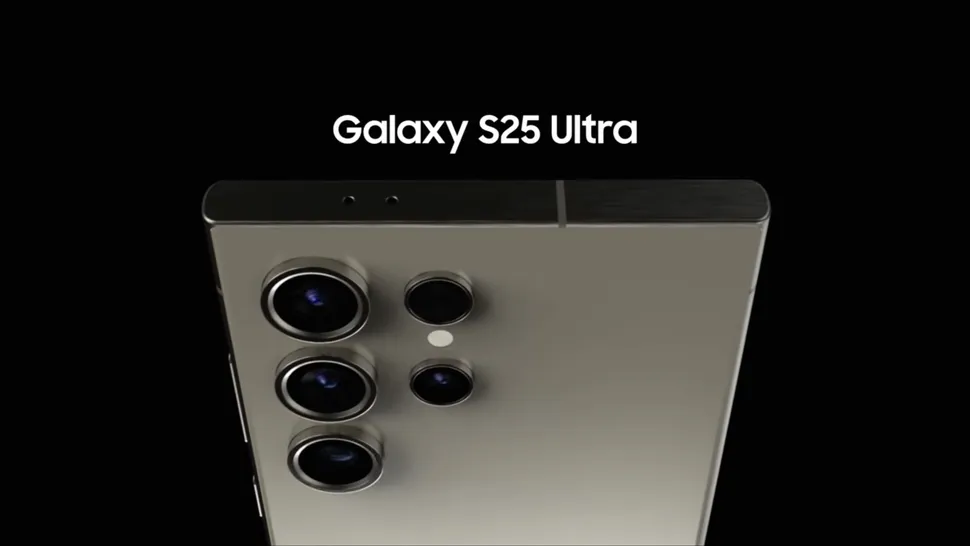A South Korean news report says that the Samsung Galaxy S25 series might have an Exynos 2500 chipset after all. This goes against claims that the company will only use Qualcomm’s next-generation Snapdragon mobile processor for its upcoming flagship smartphones. Reports say that the company is working on making its chipset more flexible. There are only a few months left until the next generation of Galaxy S24 phones are expected to be released. Samsung has also been working on a new Exynos chip for the Galaxy Watch 7 series that will be coming out soon.
A report from ZDNet Korea (in Korean) says that Samsung is “putting in all-out effort” to create its own chipset for the Samsung Galaxy S25 series as part of a project called “Solomon.” To do this, the company will have to increase the yield of the next-generation Exynos 2500 processor, which has been low for a few months.
According to sources in the industry, Exynos 2500 yields stayed below 20% as of Q2 2024. This is down from the single digits in the previous quarter. The report says that Samsung will need to raise the yield to at least 60% by September or October in order to start mass producing its Exynos 2500 chip.
The South Korean tech company isn’t just making the Exynos 2500; they’re also making other high-tech chips. The report says that Samsung is working on the next-generation Exynos W1000 chip as part of its “Sapphire” project. It will likely replace the dual-core Exynos W930 chip that powers the Galaxy Watch 6.
This month, Ming-Chi Kuo, a market analyst at TF International Securities, said that Samsung would put a Snapdragon chipset in all models of the Galaxy S25 series of smartphones because Exynos 2500 yields were so low.
In all markets this year, the standard Galaxy S24 and Galaxy S24+ models came with an Exynos 2400 chipset, but not in Canada, China, Hong Kong, Japan, Macau, Taiwan, or the US. The Galaxy S24 Ultra, on the other hand, has a Snapdragon 8 Gen 3 chip. We still don’t know if Samsung will put Snapdragon chips in all of its Galaxy S25 models, like it did with the Galaxy S23 ones that came out last year.











